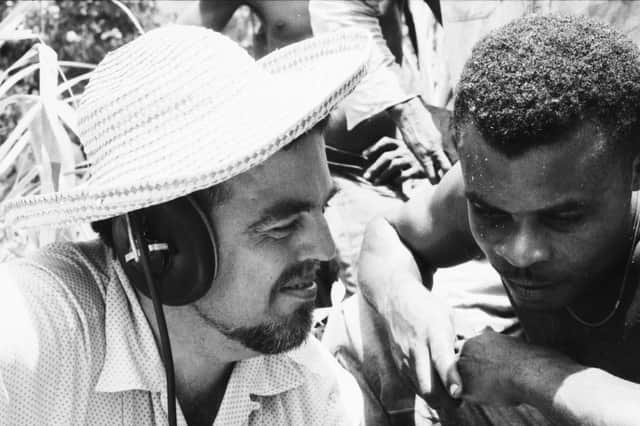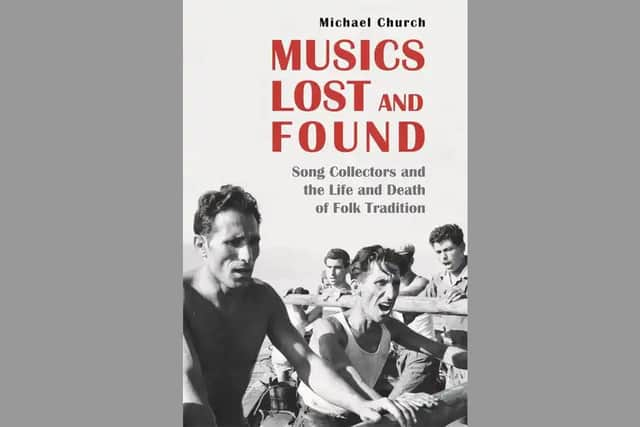Book review: Musics Lost and Found, by Michael Church


Music writer, critic and collector Michael Church describes this often engrossing book as an informal rather than formal history of song collecting. Certainly, its chapters range beguilingly if sometimes randomly across the globe and the centuries.
Church celebrates often colourful and hugely learned characters driven by an almost religious zeal to record little known and endangered music. Here are Jesuit priests in ancient Beijing and the Moldavian “polyglot polymath”, Dimitrie Cantemir, taken to Constantinople as hostage but becoming a renowned expert in Turkish music. There is the doughty Alice C Fletcher championing Native American music in the late 19th century, as Béla Bartók unearths Hungary’s village music riches.
Advertisement
Hide AdSome met tragic ends, such as the Armenian priest Komitas, admired by the likes of Debussy, whose archive and life were destroyed amid the Turkish genocide; or France’s first musical Arabist, Francisco Salvador Daniel, who died at the barricades of the Paris Commune.


Important English collectors feature, such as Sabine Baring-Gould and particularly the dominant if sometimes contentious figure of Cecil Sharp, who collected thousands of songs, while successors included the ineffably weird composer-collector Percy Grainger.
Disappointingly, the great Scottish collectors are noticeably bypassed, Burns and Scott receiving short, revisionist shrift and nary a mention of the massive Greig-Duncan collections or of vital mid-20th century figures such as Calum Maclean or Hamish Henderson. This is especially surprising since the latter two facilitated visits by the American collector Alan Lomax, who with his father, John, merit the longest chapter in the book. Church does report that Lomax found Hebridean waulking songs “startlingly akin to the work songs in Deep South prisons” but not that he described the magisterial Jeannie Robertson as “the greatest ballad singer in the world”, as reported in a letter to this paper by Henderson.
Certainly the Lomaxes, père et fils, are justifiably chronicled as “Titans of song collecting”, helping “redefine American culture”. The pair determinedly championed the music of the dispossessed, particularly the African-Americans whose brutal oppression fuelled the passion of their blues, unearthing such talents such as Lead Belly and Muddy Waters.
Church’s conclusions, however, smack of “last leaves” syndrome, despite the revivals flourishing here and elsewhere, as he enumerates the real threats to global indigenous music – ubiquitous westernisation, the advent of radio, the death of village culture and brutal political regimes. He points, for instance, to the Chinese genocide being visited on Uyghur culture which could erase its music as effectively as the extinction of that Omaha Indian culture chronicled by Fletcher.
However, he does leaven things with the comment, “But you never know with ‘lost’ songs: there’s often someone, somewhere, rediscovering and performing them.”
Advertisement
Hide AdMusics Lost and Found: Song Collectors and the Life and Death of Folk Tradition, by Michael Church, Boydell Press, 294pp, £25
A message from the Editor:
Thank you for reading this article. We're more reliant on your support than ever as the shift in consumer habits brought about by coronavirus impacts our advertisers.
If you haven't already, please consider supporting our trusted, fact-checked journalism by taking out a digital subscription at https://www.scotsman.com/subscriptions